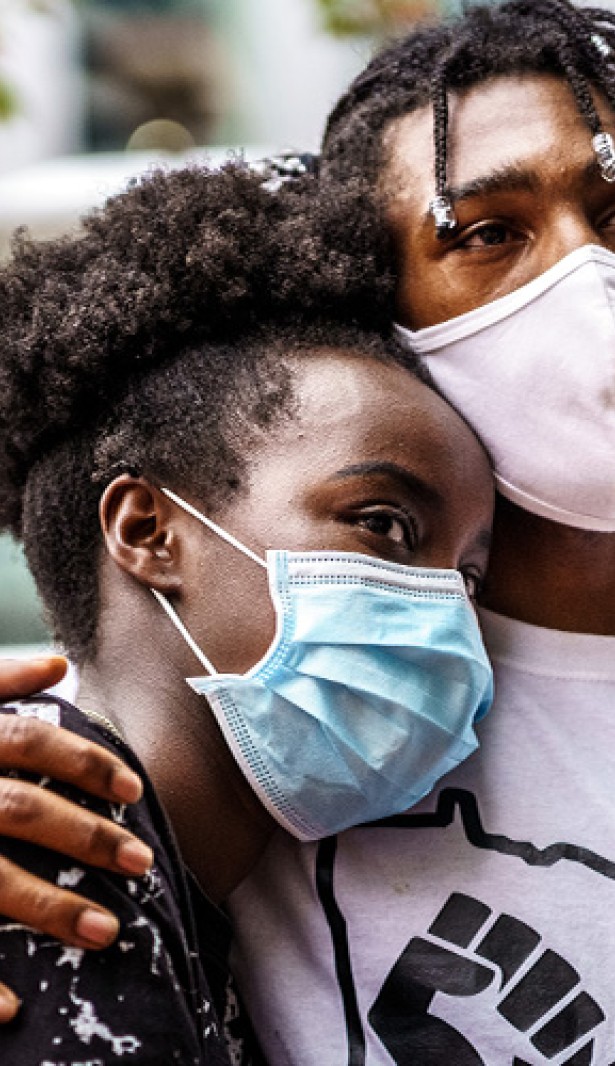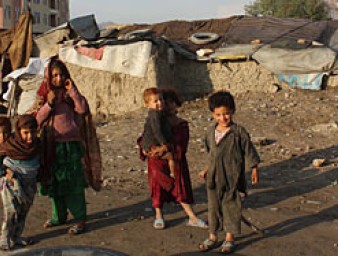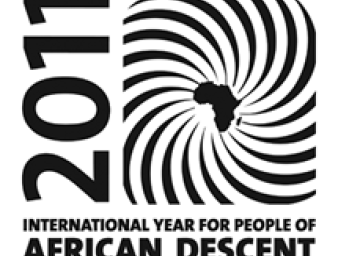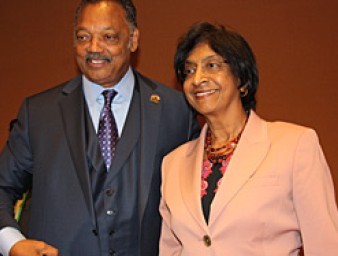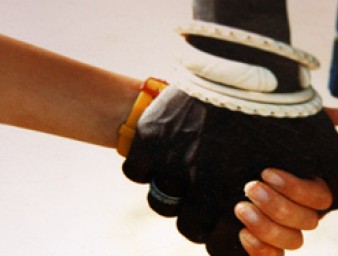Speakers urge definitive action to combat systemic racism
17 June 2020
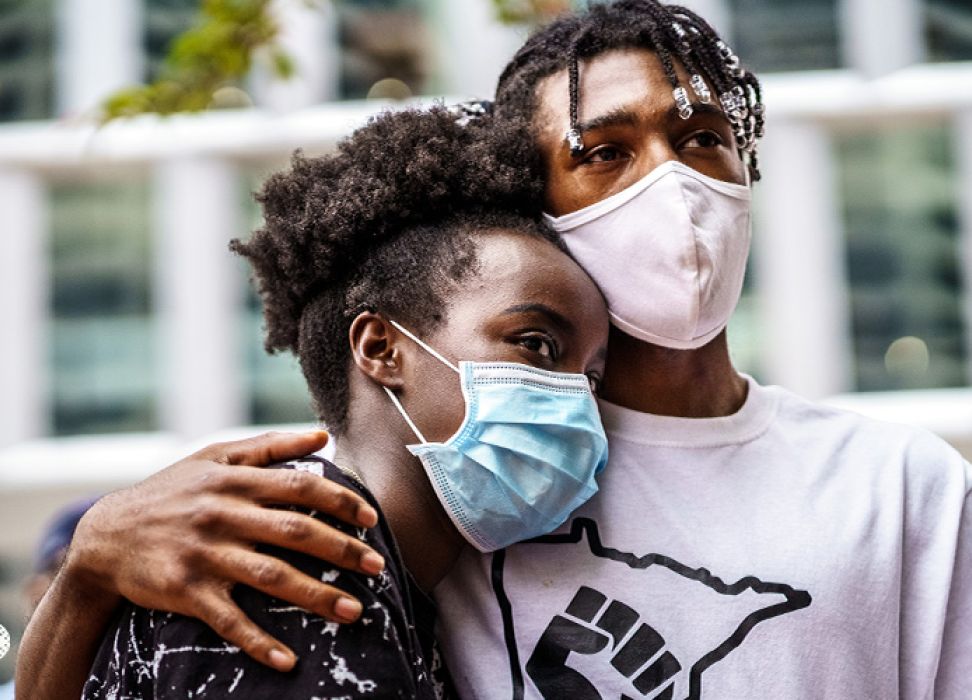
“You watched my brother die. That could have been me,” said Philonise Floyd, brother of George Floyd, the African American man whose death at the hands of police officers in Minneapolis, United States, last month sparked worldwide protests.
“I am my brother’s keeper. You in the United Nations are your brothers’ and sisters’ keepers in America, and you have the power to help us get justice for my brother George Floyd. I am asking you to help him. I am asking you to help me. I am asking you to help us – Black people in America.”
Floyd gave his impassioned statement via video, during the “Urgent debate on systemic racism and police brutality in the United States,” requested by the Africa Group of the Human Rights Council. NGOs as well as Member States will have an opportunity to discuss how to deal with the systemic racism and police brutality during the debate which began on 17 June and was scheduled to continue into the following day.
Speaking before Mr Floyd, UN Deputy Secretary-General Amina Mohammed stated that the “UN has a duty to respond to the anger felt by so many for so long.”
In her speech, UN High Commissioner for Human Rights Michelle Bachelet called on Member States and others to act decisively to address the pervasive racism that corrodes institutions, entrenches inequality and underlies many violations of human rights.
“We need to build on what has worked from the enormous body of work and experience we already have,” she said during the debate. “Time is of the essence. Patience has run out. Black lives matter. Indigenous lives matter. The lives of people of colour matter.”
On 25 May this year, George Floyd was killed by police in Minneapolis, Minnesota. His death led to weeks of wide-spread protests across the United States, and sparked similar protests against police brutality and racism across the globe.
There have also been numerous calls by human rights groups for some form of response from the Human Rights Council, and a resolution is expected to be voted on by the Council on 18 June.
Several different proposals have been put forward. Both Philonise Floyd and Tendayi Achiume, Special Rapporteur on contemporary forms of racism, racial discrimination, xenophobia and related intolerances, urged Member States to create an international commission of inquiry to investigate systemic racism in law enforcement in the United States, and globally. Speaking on behalf of the UN Working Group of Experts on People of African Descent, as well as in her own right, Achiume said the global nature of the protests shows that systemic racism in law enforcement is of world-wide concern.
“What is at stake here is the lives and lived experiences of human beings who deserve fundamental human rights protections, and who should not be denied these rights on the basis of the colour of their skin,” she said.
Kwesi Quartey, Deputy Chairperson of the African Union Commission said the protests and this debate should remind everyone to redouble efforts to eliminate all forms of racism and discrimination.
“We must not allow racism, racial discrimination and xenophobia to erase all the achievements and developments humanity has achieved,” he said.
17 June 2020
